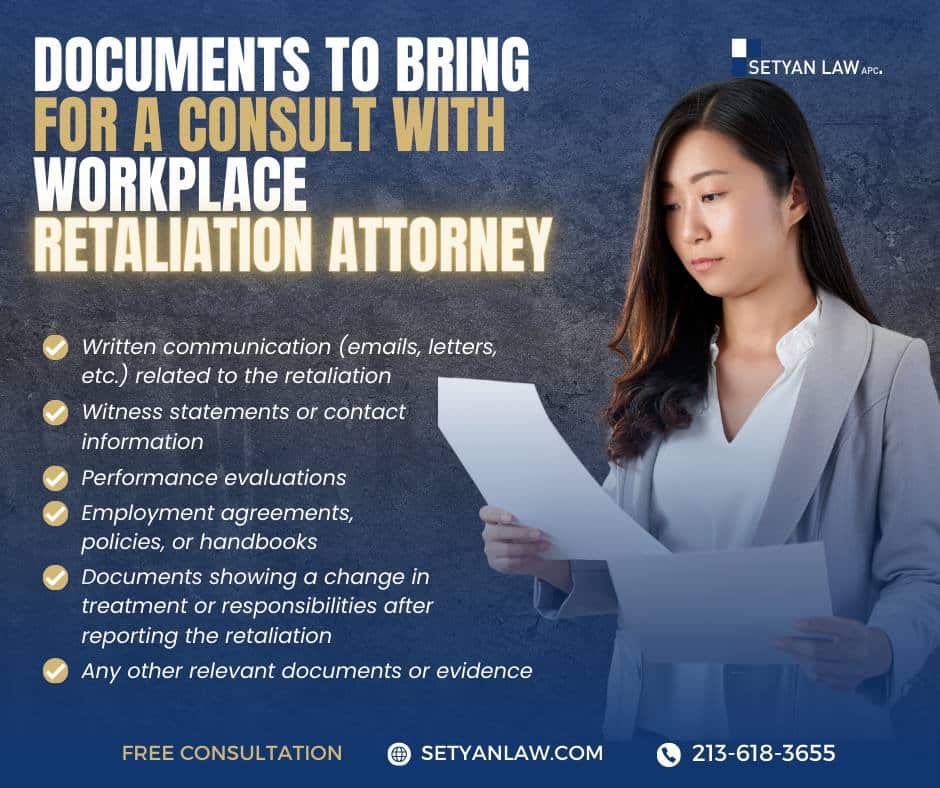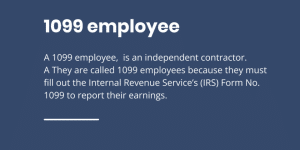Updated June 18, 2025
Understanding Jury and Witness Duty Work Leave Laws in California
In California, employees have specific rights when it comes to taking time off for jury duty or witness service. These laws are designed to protect employees from discrimination and ensure they can fulfill their civic responsibilities without fear of losing their jobs. This article will explore the essential aspects of jury and witness duty work leave laws in California, including employee rights, employer obligations, and the legal recourse available for those who face retaliation.
Overview of Jury Duty Rights
Legal Protections for Employees
Under California law, employees are entitled to take time off to serve on a jury without the risk of termination or discrimination. The California Labor Code Section 230(a) explicitly states that an employee cannot be fired or retaliated against for taking time off to serve on a jury, provided they give reasonable notice to their employer. This protection is crucial for maintaining the integrity of the judicial system and ensuring that all citizens can participate in jury service.
What Constitutes Reasonable Notice?
While the law mandates that employees provide notice to their employers, it does not define what constitutes "reasonable notice." Generally, this means informing the employer as soon as possible after receiving a jury summons. Employees should communicate their jury duty obligations clearly and promptly to avoid any misunderstandings.
Employer Responsibilities
Employers are required to accommodate employees who need to take time off for jury duty. This includes allowing them to return to their job after completing their service. However, it is important to note that California law does not require employers to pay employees for the time they spend on jury duty. Employees may choose to use vacation time or personal leave if they wish to receive compensation during this period.
Witness Duty Leave
Rights for Witnesses
Similar to jury duty, California law protects employees who need to take time off to serve as witnesses in legal proceedings. Under California Labor Code Section 230(b), employees are entitled to take time off to comply with a subpoena or court order to testify. This protection ensures that employees can fulfill their legal obligations without fear of losing their jobs.
Notification Requirements
Employees must provide their employers with reasonable notice of their need to take leave for witness duty. This notice should include the date and time of the required appearance. As with jury duty, employers cannot retaliate against employees for taking this time off.
Compensation for Witness Duty
Like jury duty, California law does not mandate that employers pay employees for time spent serving as witnesses. Employees may use available paid leave options, such as vacation or personal days, if they wish to receive compensation during their absence.
The Importance of Civic Duty
Civic Responsibility
Participating in jury duty and serving as a witness are fundamental civic responsibilities that uphold the justice system. These roles allow ordinary citizens to contribute to the legal process and ensure that trials are fair and impartial. By protecting employees’ rights to take time off for these duties, California law reinforces the importance of civic engagement.
Consequences of Non-Compliance
Employers who fail to comply with these laws may face legal consequences. If an employee is terminated or retaliated against for taking time off for jury or witness duty, they may file a complaint with the California Division of Labor Standards Enforcement (DLSE). Remedies for such violations can include reinstatement, back pay, and other damages.
What to Do If You Face Retaliation
Recognizing Retaliation
If you believe your employer has retaliated against you for taking time off for jury or witness duty, it is essential to recognize the signs. Common forms of retaliation may include termination, demotion, reduced hours, or unfavorable changes to job assignments. If you experience any of these actions following your jury or witness service, you may have grounds for a legal claim.
Steps to Take for Victims of Retaliation
- Document Everything: Keep detailed records of your jury or witness duty, including the summons, any communications with your employer, and any adverse actions taken against you.
- Notify Your Employer: If you believe you are facing retaliation, inform your employer of your concerns. Sometimes, misunderstandings can be resolved through open communication.
- File a Complaint: If the issue persists, consider filing a complaint with the DLSE. They can investigate your claim and determine if your rights have been violated.
- Seek Legal Counsel: Consulting with an employment lawyer can provide you with valuable guidance on your rights and options. An attorney can help you navigate the legal process and advocate for your interests.
Legal Precedents and Case Studies
Notable Cases
Several cases have shaped the interpretation of jury and witness duty laws in California. For instance, in the case of Cox v. Electronic Data Systems Corporation, the court ruled that an employee’s termination following jury service could be considered retaliatory if the employer failed to provide reasonable notice of the employee’s jury duty obligations. This case highlights the importance of clear communication between employees and employers regarding jury duty.
Implications for Employers
Employers must understand the legal implications of retaliating against employees for jury or witness duty. Failure to comply with these laws can result in costly legal battles and damage to the company’s reputation. It is in the best interest of employers to foster a supportive environment that encourages civic engagement.
Conclusion
Understanding your rights regarding jury and witness duty in California is crucial for both employees and employers. Employees have the right to take time off for these civic responsibilities without fear of retaliation, while employers must comply with the law to avoid legal consequences. If you believe your rights have been violated, it is essential to take action and seek legal counsel to protect your interests. By fostering a culture of respect for civic duties, we can ensure that our justice system remains strong and fair for all.
If you have questions about your rights regarding jury or witness duty, or if you believe you have faced retaliation, consider reaching out to an experienced employment lawyer who can provide guidance and support.
If you need employment litigation, call Setyan Law at (213)-618-3655. Free consultation.






